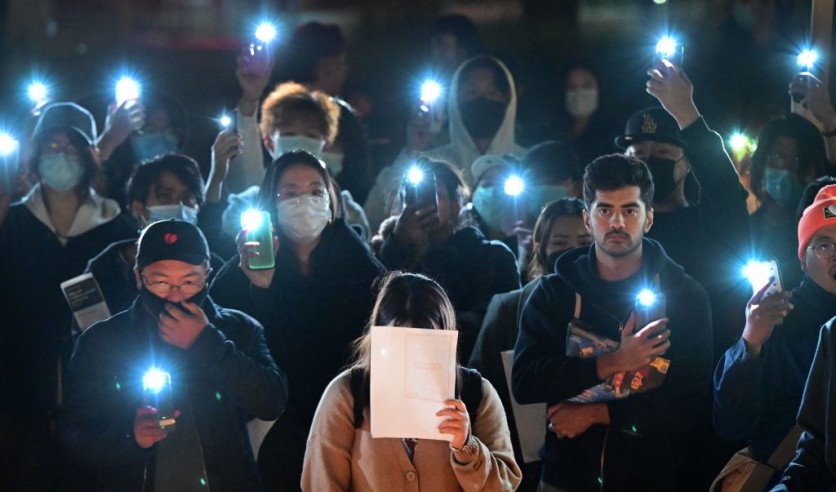The ongoing protests in China have shocked the world as it poses a significant blow to the Chinese Communist Party's (CCP) power under President Xi Jinping.
But on the tech side of things, a significant change in Apple's Airdrop may have just limited the ability of protesters to spread their cause, according to a report by CNBC.

How AirDrop Helps Protesters
In recent years, protesters have increasingly relied on AirDrop, which enables users to transfer files between Apple devices, to evade government censorship policies.
This is because Airdrop is outside the scope of internet content reviewers. After all, it depends on wireless connections between phones rather than internet connectivity. A peer-to-peer Wi-Fi network is created between two devices using Bluetooth.
During the pro-democracy demonstrations in Hong Kong in 2019, the application was widely utilized by protesters to communicate with bystanders and visitors from the Chinese mainland and distribute protest material.
It was also reported in October that AirDrop was used to spread messages based on banners created by "Bridge man," a Beijing protester.
Earlier this month, a Nov. 9 upgrade to Apple's worldwide operating system, iOS 16.1.1, added a new AirDrop capability, but it was only applicable to iPhones bought in mainland China.
As a result of the upgrade, iPhones can no longer set AirDrop to receive messages from "everyone" for longer than 10 minutes.
The tech giant said in an online statement that the software upgrade is advised for all users and contains bug fixes and security improvements.
Bloomberg reports that Apple intends to make the upgrade a universal feature starting in 2019.
Read also: Apple macOS Ventura: Here's How to Make Transparent PNG Images like the iPhone's Visual Look Up
Ongoing Unrest
The release's timing is noteworthy since it comes one month after Xi broke with tradition and cleared the way for his third term as China's president.
The decision was received with unusual public protests, which served as a warm-up for larger rallies last weekend.
Although the unrest has received extensive coverage in the international media, it has received little attention in China, where some have argued it may prompt the government to crack down more severely on dissent.
Apple has a history of modifying its services and offerings to comply with China's stringent regulations. A new tool that was created last year to increase customers' online privacy was also blocked for users in China.
Additionally, Apple removed several virtual private network (VPN) services from the Chinese App Store in 2017.
Related Article : Apple Delays Deliveries for iPhone 14 Pro & Pro Max Models, Due to Production Problems Caused by Lockdowns in Zhengzhou

ⓒ 2025 TECHTIMES.com All rights reserved. Do not reproduce without permission.




